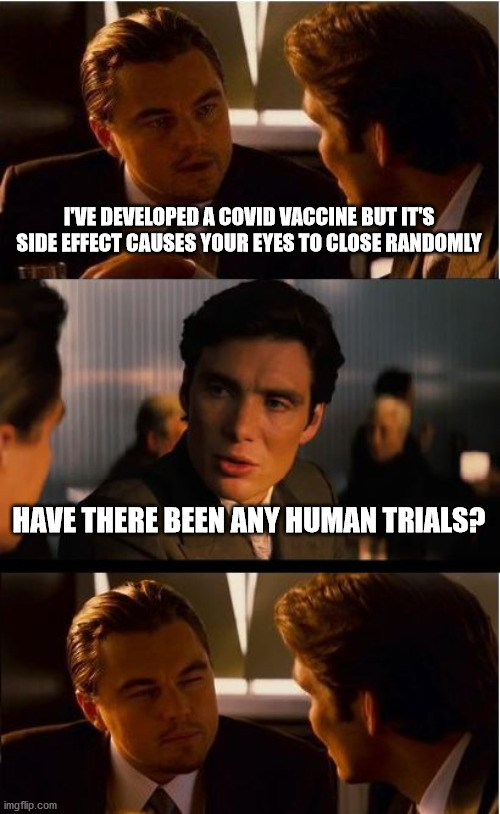
The worst thing is that the brain fog, while not as bad as when I had it, has come back in two separate flare-ups. Has anyone else had similar symptoms? I was vaccinated in May/June 2021 with Pfizer about a month after I had my first infection but was not boosted when I had Omicron. The only thing I can remotely compare it to is sort of like a concussion. I had trouble sleeping and woke up early. Most frightening, at one point during my Omicron episode, my left hand would shake uncontrollably and it felt like I had sticky fuzz in the entire front of my head. I was totally unable to do things like Kenken or chess. It took me hours to go through basic computational work that previously took me no more than 15-30 minutes. Throughout my Omicron episode, I consistently felt like I was unable to think. The first time I had Covid-19, I had a slight brain fog but it was one of the first things to go away. Other than that, there wasn't much except for one major thing - my head. I also had a slight tightness of the chest and it hurt a little to suck in a deep breath. I had a brief fever that dissipated as quickly as it came on. It was very similar to the first time I got Covid-19 in April 2021 except that I never lost my sense of smell. Treatments for COVID-19, including sedation, intubation and various medications, may also come with cognitive side effects.I got Omicron the week before Christmas of 2021.

Everything from poor heart and lung function to the social isolation caused by COVID-19 can affect cognitive processes. While early studies don't show any correlation between severity of disease and long-hauler symptoms such as brain fog, it makes sense that a brain starving for oxygen is likely to become compromised. "Once the virus that causes COVID-19 reaches the olfactory bulb, it can travel long the olfactory pathways to other places in the brain. Kremen, director of the Neurobehavior Program at the Jona Goldrich Center for Alzheimer's and Memory Disorders. When these neurons are affected, the resulting condition-from coronavirus or any other virus-is anosmia," says Dr. "A virus can enter the nasal passages where it can then access nerves that lead into the brain. However, there may be a link between the condition and anosmia (losing the sense of smell and taste) during active infection. Scientists don't yet know who is likely to suffer from post-COVID-19 brain fog. It may be months before the data provides a clear picture of this post-COVID-19 "brain fog," but experts suspect that the stress of navigating COVID-19 coupled with the virus's physical toll on the body is resulting in a significant cognitive hit for a subset of patients. Rachel Zabner, an infectious disease specialist and co-director of Cedars-Sinai's COVID-19 Recovery Program along with Dr. "What we're seeing with COVID-19 is similar to infectious complications we've seen with other viruses, such as SARS and H1N1," explains Dr. Wondering how a respiratory virus can lead to cognitive effects that last for weeks? It turns out, some sort of mental fallout after an infectious illness is not uncommon. Particularly concerning for doctors and patients alike are lingering side effects, such as memory loss, reduced attention and an inability to think straight.


#Covid vaccine brain fog side effect reddit full#
A full year has passed since the COVID-19 pandemic began, and the mind-boggling aftermath of the virus continues to confuse doctors and scientists.


 0 kommentar(er)
0 kommentar(er)
